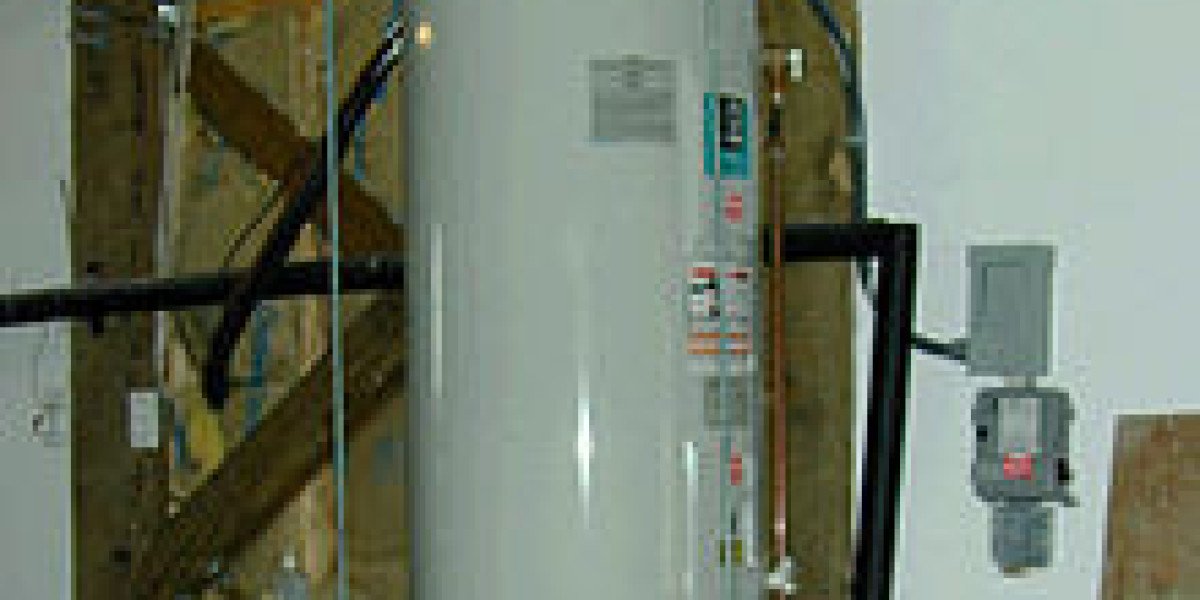While modern water heaters are designed with safety features, improper installation, lack of maintenance, or external factors can lead to a fire. Understanding the causes, warning signs, and prevention methods can help you keep your home safe.
Common Causes of Water Heater Fires
1. Flammable Vapors Near the Heater
- Gas water heaters have a pilot light that can ignite flammable vapors from gasoline, paint thinners, or cleaning solvents stored nearby.
- Storing these substances too close to the heater increases the risk of fire.
2. Gas Leaks
- A leaking gas line or faulty connection can release natural gas or propane, creating an explosion hazard.
- Even a small spark can ignite accumulated gas.
3. Faulty Thermostat or Overheating
- A malfunctioning thermostat may fail to regulate temperature properly, causing the heater to overheat.
- Excessive heat can weaken the tank and create a fire risk.
4. Electrical Issues
- Electric water heaters with faulty wiring or damaged heating elements can cause short circuits and sparks, leading to a fire.
- Improper installation or outdated wiring increases the risk.
5. Sediment Buildup in the Tank
- Over time, mineral deposits accumulate at the bottom of the tank, insulating the burner and causing it to overheat.
- This excessive heat can weaken the tank and ignite nearby materials.
6. Improper Venting
- Gas water heaters require proper ventilation to safely expel combustion gases.
- Blocked or poorly installed vents can cause carbon monoxide buildup and increase the risk of fire.
Warning Signs of a Water Heater Fire Hazard
- Burning smell or smoke coming from the water heater.
- Soot or scorch marks around the burner area.
- Unusual noises like popping or cracking, indicating excessive sediment buildup.
- Pilot light frequently going out or irregular flame color (yellow instead of blue).
- Water heater constantly overheating or producing excessively hot water.
- Gas smell near the heater (immediate evacuation and professional inspection required).
How to Prevent a Water Heater Fire
1. Keep Flammable Materials Away
- Store gasoline, paint, and cleaning chemicals at least 10 feet away from the water heater.
- Keep the area around the heater clean and free of debris.
2. Check for Gas Leaks Regularly
- If you smell gas, do not turn on lights or use electrical devices—leave the area and call the gas company immediately.
- Inspect gas lines and connections for leaks or corrosion.
3. Maintain Proper Ventilation
- Ensure the exhaust vent is clear of debris and properly installed.
- Check for backdrafting, where combustion gases re-enter the home instead of being vented outside.
4. Flush the Tank Annually
- Drain and flush the tank once a year to remove sediment buildup.
- This prevents overheating and prolongs the life of the heater.
5. Inspect Electrical Components
- For electric water heaters, check for damaged wiring, loose connections, or scorch marks.
- If you notice electrical issues, call an electrician or plumber for repairs.
6. Test the Temperature & Pressure Relief (T&P) Valve
- The T&P valve prevents overheating by releasing excess pressure.
- Test it every six months to ensure it's functioning properly.
7. Install a Carbon Monoxide Detector
- If you have a gas water heater, install a carbon monoxide detector nearby to monitor for leaks.
8. Consider an Automatic Gas Shutoff Valve
- These safety devices automatically shut off the gas supply if a leak is detected.
What to Do If Your Water Heater Catches Fire
- Evacuate immediately and call 911.
- Do not attempt to extinguish a gas fire—gas leaks require professional handling.
- Shut off the gas supply if it is safe to do so.
- Use a fire extinguisher (Class B for gas, Class C for electrical) if the fire is small and manageable.
- Wait for emergency responders and do not re-enter until it is safe.
Water heater fires are preventable with regular maintenance, proper installation, and awareness of potential hazards. By following safety tips and keeping flammable materials away, you can reduce the risk of fire in your home. If you notice warning signs like gas smells, overheating, or electrical issues, act immediately to prevent a dangerous situation.
For added safety, consider scheduling annual inspections by a licensed professional to ensure your water heater operates safely and efficiently.







